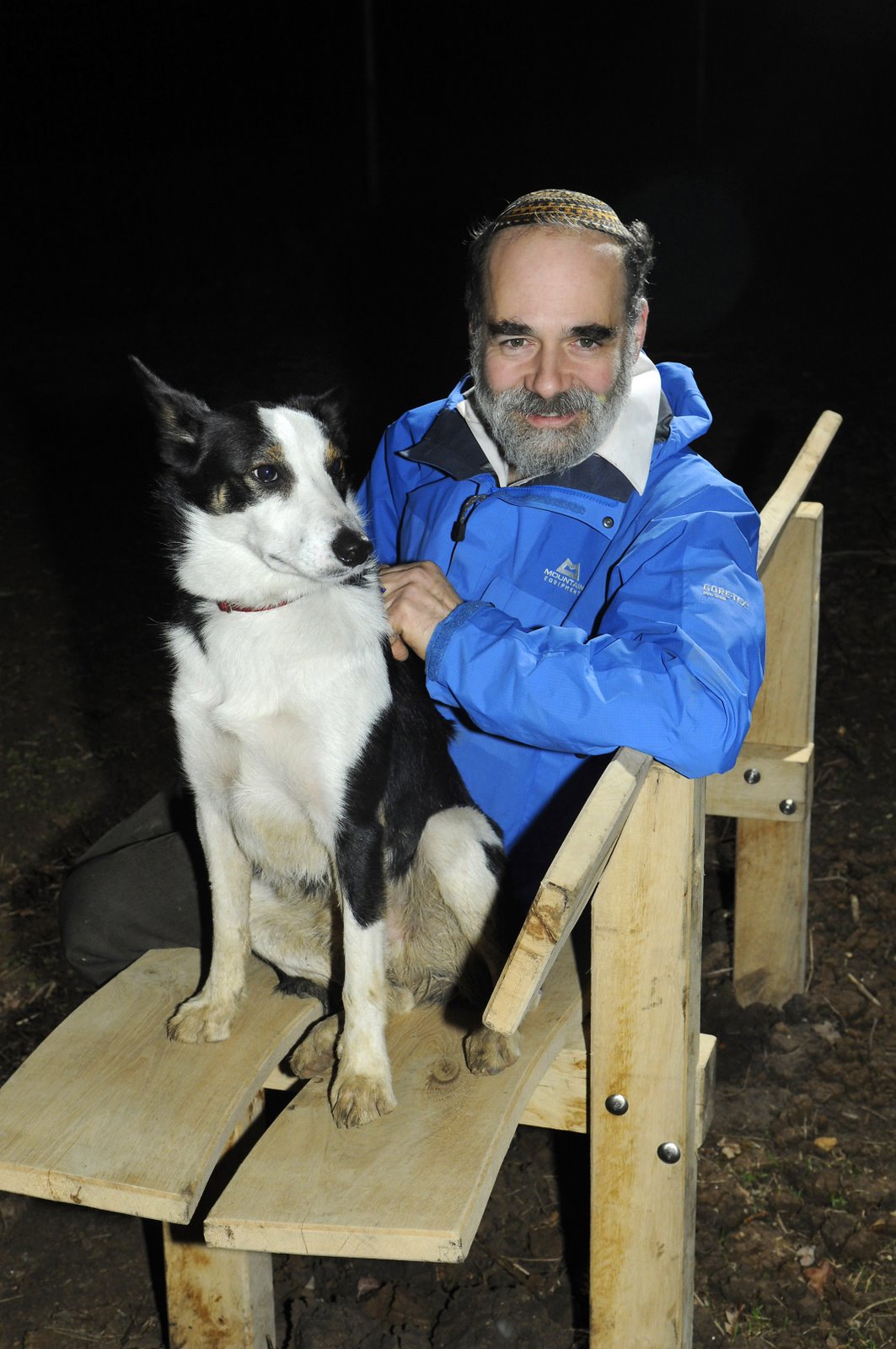Contemplation
I’ve just returned home from the contemplative service. It’s been a whole year since we held one, but we won’t let anything like such a long time pass before we have another. It was modest and simple. The silent meditation led by Ariel Klein and Leslie’s singing touched us all. At the end, no one stood up to leave. A magic circle had been formed out of stillness and spirit and no one wanted to break it.
I’m struck every year by a contrast which so many of the prayers articulate and which lies at the heart of the High Holydays. The brevity of life, its fragility and its pathos are stressed at the same time as our capacity for wonder and our ability to apprehend and praise God. Adam yesodo me’afar, humankind is made of dust, our bodies are as fragile as a potter’s wares. Yet this meditation is accompanied not by cynicism or resignation, but by great compassion for our fleeting fate. Even more poignant, though considerably less familiar, is the composition for Yom Kippur ve’avitah tehillah: You desire praise from flesh and blood, from passing shadows, whose soul departs, whose vitality flies away…yet your glory is upon them. This is what is so marvellous about human life, - how deeply we are able to love, how great is our appreciation of beauty, how amazing it is that in rare moments we feel in touch with the infinite, that we apprehend something, even an infinitesimal intimation, of the consciousness of God. Yet at the same moment our experiences are constantly transformed into this elusive past which rushes away from our grasp with the invincible speed of time. This dialectic, this counter pull of the dual forces of eternity and mortality, often makes me think of the ending of Dylan Thomas’ ferne Hill:
Time held me green and dying
But I sang in my chains like the sea.
Perhaps the most powerful, and also the most familiar, expression of this poignant tension is in the Shema Kolenyu prayer: ‘Do not cast us away from before you; do not take your sacred spirit from us’. That these words are greatly significant to so many people is obvious from the deep attention which grips the community whenever this sequence is sung. I wonder what they mean to different people. It seems to me that they express great courage; they suggest that a human being can cope with anything so long as the heart remains awake to wonder, so long as the spirit can still find God. Or perhaps, more simply, they are a prayer for protection: Keep me close to you God, and let nothing hurtful touch me. But this isn’t exactly what they say. What they state is simply ‘God, stay with me, whatever’. When you are with me I may still be a passing shadow but I pass by on the wings of wonder.
Thursday, October 2, 2008
Subscribe to:
Post Comments (Atom)

No comments:
Post a Comment